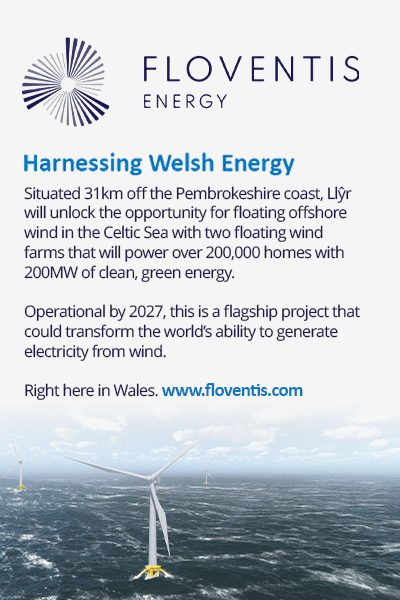The Offshore Wind Industry Council (OWIC) is highlighting the challenges to the consenting process for offshore wind projects in the UK.
It has published a report, written by Aeos and Deloitte, which says that current reforms to the planning system have only reduced the time it takes to consent an offshore wind farm by a matter of months, and that far more strategic initiatives would be required to reduce consent times significantly.
The study states that new legislation would not address delays in planning, but a series of initiatives would have to be co-ordinated and driven by the Cabinet Office and Number 10 Policy Unit in order to be successful, working across government departments and devolved administrations.
The report, “Policy and Legislative Barriers to Consenting Offshore Wind”, highlights the fact that the four keystones for offshore wind consenting are not aligned. These keystones are marine spatial planning (how we use our sea space), seabed leasing, planning and delivery of the electricity grid and financial support mechanisms for offshore wind. To address this misalignment, the report recommends focussing on four measures to improve the legislative and policy frameworks that govern all aspects of an offshore wind project:
- Developing and setting out an optimal long-term future energy mix for the UK.
- Developing a spatial plan for National Grid to deliver the long-term energy mix which aligns with estimates of future electricity generation.
- Delivering well-resourced marine spatial planning to underpin and support seabed leasing.
- Aligning the financial support mechanisms with the pipeline of future projects, to provide greater certainty to all parties in the process.
RenewableUK’s Kat Route-Stephens, who leads the Environment and Consents programme for OWIC, said:
“Implementing the four key measures set out in this report is vital to speed up the delivery of the UK’s world-class pipeline of offshore wind projects. By cutting through longstanding barriers we can stay on track to decarbonise our electricity system and maintain our position as a global leader in offshore wind”.
RenewableUK’s Executive Director of Policy Ana Musat said:
“There is a strong cross-party consensus on the need to ramp up offshore wind development, so whoever wins the next election is going to have to focus on improving the planning system around it.
“That direction must come from the Cabinet Office and the Number 10 Policy Unit, bringing together all the relevant departments, stakeholders and devolved governments with industry. If we get the framework right early on, we can ensure there’s consistent co-ordination to deliver the projects we need to strengthen our energy security and provide cheap power for consumers.”




